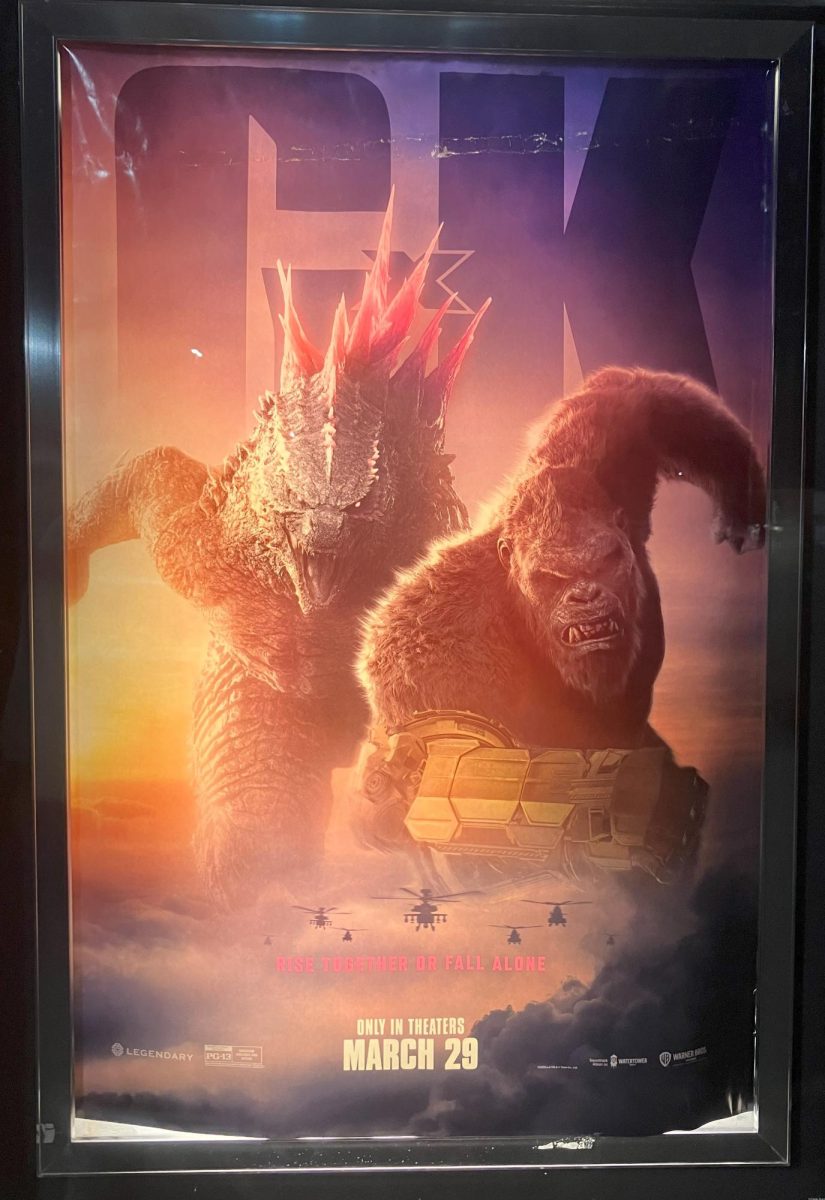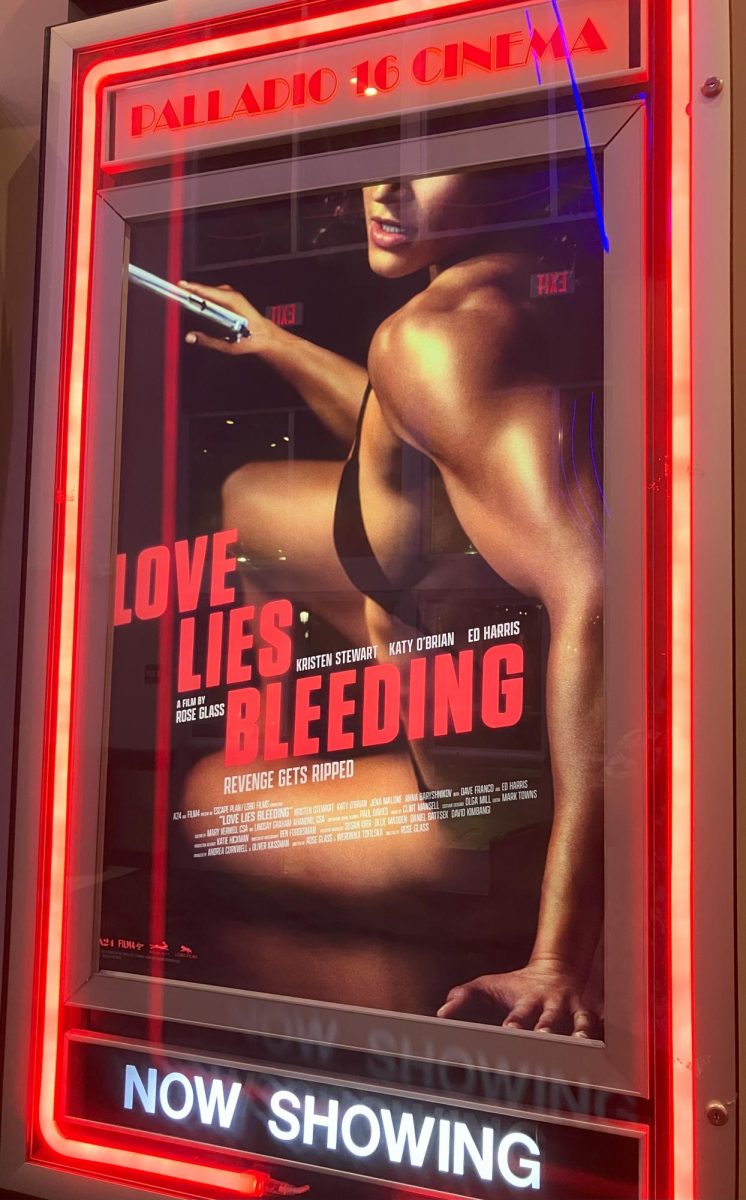Sand, play and learning unite for the April 8 event “Art of Play” at 4 p.m. in Riley Student Center 201.
Professor of Art and Visual Culture Nils Lou will “introduce the idea of play as a lubricant for being creative in making art in any medium,” he said. In this case, the medium is sand painting.
The event is related to the Sand Art Painting event that was scheduled March 17. Sophomore Linh Tang, Linfield Activities Board student talent coordinator, said the former event didn’t attract many students because it was so close to the beginning of Spring Break. But she said in an email that she wanted students to have another opportunity to learn about Lou’s approach to the process of creating art through play.
“I thought it would be a good idea to spread this idea of how to really play [and]enjoy ourselves again,” Tang said in an email.
Lou said that his experiments in making art remind him of the feelings he had playing as a child.
“Children naturally play, and they imagine their world. They invent their fantasies,” he said. “It’s definitely a state of mind where you’re willing to take risks and be surprised.”
For Lou, this is the definition of art.
“That’s what art is about: in developing a method of working that allows you to move on a trajectory where anything goes and you can explore the side roads,” he said.
However, Lou noted that the way students are educated today doesn’t leave room for play; in fact, it discourages play altogether.
“I think young people are cheated out of a huge chunk of learning when we disallow or take out play as a complement of learning,” he said. “I think adulthood is a disease in the sense that we have cut play out of our lives.”
Lou explained that by age 7, children have used play to develop fundamental skills regarding socialization, language and how to be human. Then, starting in first or second grade, our culture pushes children to stop daydreaming and start seriously focusing on learning, he said.
But Lou said the concept of play is essential to developing creativity in any area: art, writing, business, science, etc.
“We regard the word play as frivolous and inconsequential and just fun. I regard play as one of the most serious things that human beings do,” he said. “The problem is that with the institutions we have now, the way we’re educating, with an emphasis on assessment and standardized tests, we’re creating robots more than real educated individuals.”
Lou said that students rediscover their childhood creativity by learning “how to give themselves permission to move in a direction that is theirs and take ownership of that” instead of being guided by, for instance, structured assignments.
He said he hopes that event attendees will learn to trust their own instincts and processes and “ultimately be surprised with the result.”
“I think everybody can benefit from this event,” Tang said in an email. “We college students are always too busy with classes, activities, responsibilities and tons of other commitments. I feel like we need some time off, to just enjoy a moment of a cup of coffee, or a moment of painting a picture, or maybe just a moment of cooking pasta.”
She said she hopes students take the time to just play and enjoy their time playing.
To learn more about Lou’s philosophy on play, check out his book “The Art of Play.” You can preview the book at www.blurb.com/okstore/detail/1980636.
Kelley Hungerford/Editor in chief
Kelley Hungerford can be reached at [email protected].






